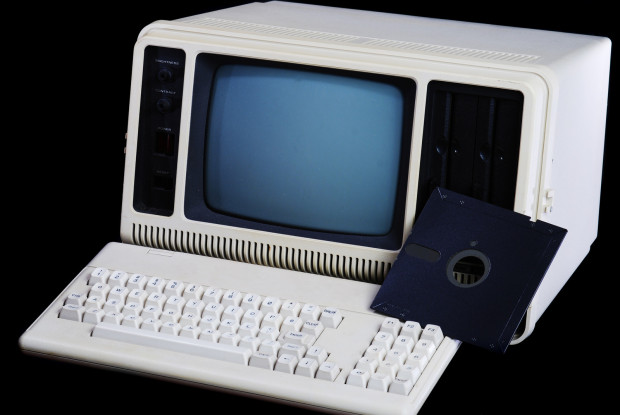
In April 1981, Adam Oborne debuted the very first portable computer. His company was the fastest growing in Silicon Valley. You can see how popular the idea of portable computing got by visiting any coffee shop any day of the week. Laptops, tablets and smart phones are all descendants of the Osborne 1.
Yet Osborne Computer declared bankruptcy thirty months later, and disappeared completely by 1986. This is fairly common in the history of commerce, the story of the pioneer that did not survive.
Portable computing as a concept was separate and distinct from its first manifestation, the Osborne 1 computer. This is a key to understanding subsequent manias based on pioneering technologies or concepts.
We humans are a creative, inventive species. There always seems to be an exciting concept or something new that will really change things. Steamships, railroads, petroleum, airplanes, automobiles, telephones, radio, television, cell phones…something new is always on the horizon. These things have created new ways of doing things and reshaped our lives and society.
But with each of these revolutionary ideas, there was a difference between the successful path of the idea, and what happened to the first manifestations or demonstrations of that idea.
The Osborne 1 computer was a twenty-four pound beast with no battery, a three inch screen, and now-laughable technical specifications. The concept of portable computing was worthwhile, revolutionary, and eventually changed the way we live and work. But the first manifestation did not even turn out to be sustainable or successful.
Just as the key uses of the internet took time to emerge and evolve, the most important uses of any new idea probably do not exist yet. In the internet boom of the late 1990’s and early 2000, some investors made the mistake of confusing the powerful concept with its initial manifestations. It did not end well for them.
There are powerful ideas circulating today based on revolutionary concepts. They may eventually reshape our lives, institutions, and society. When you come across one of these intriguing situations, please remember the lesson of the Osborne 1. Clients, if you would like to discuss this or anything else in more detail, please email us or call.
The opinions voiced in this material are for general information only and are not intended to provide specific advice or recommendations for any individual.
Share this:
- More






